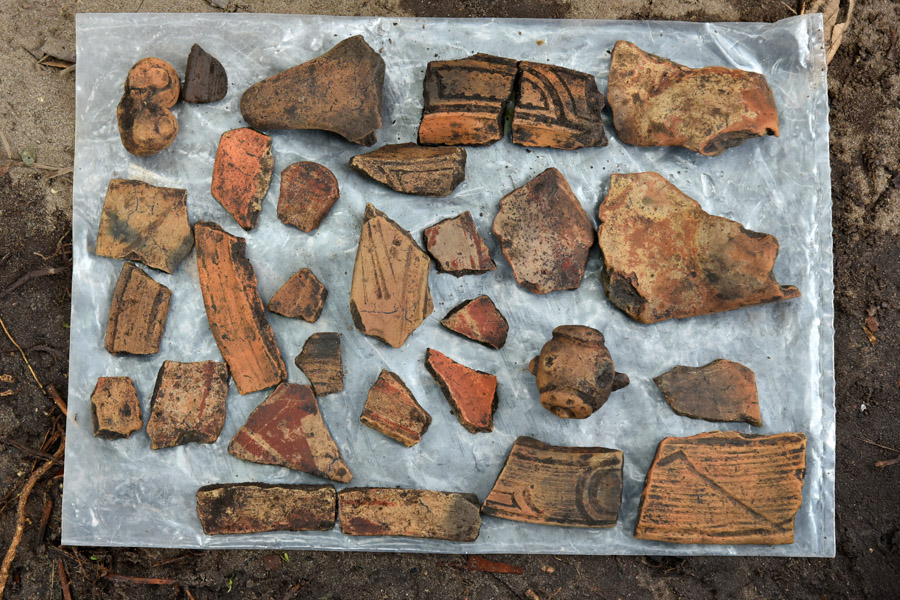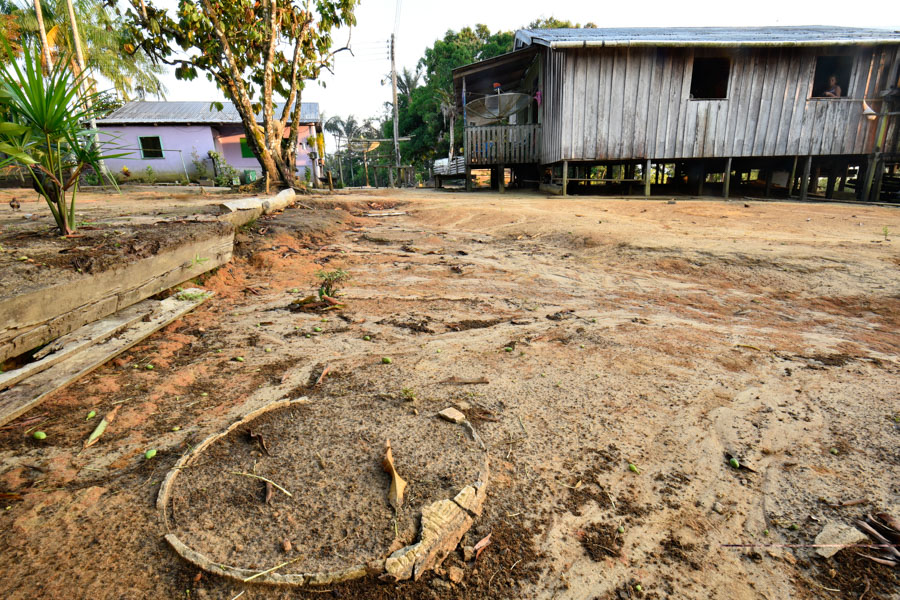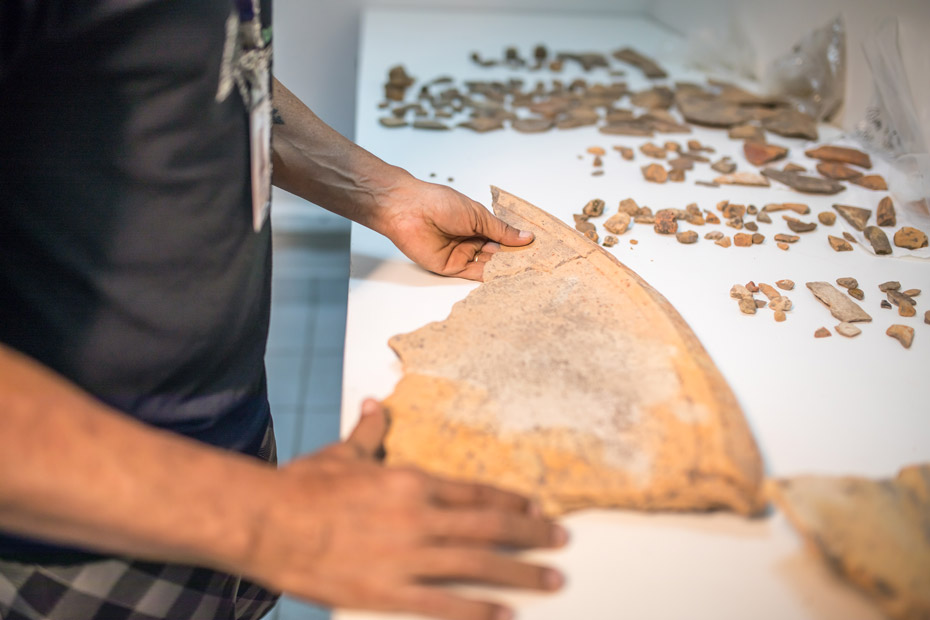Research Group
Amazonian Archeology and Cultural Heritage Management
The Amazonian Archeology and Cultural Heritage Management Research Group uses an inter-disciplinary approach to understand the long duration of different waves of human occupation in the Solimões River Basin. Local archeological sites and their components, archeological vestiges, are investigated; researchers also study the ways in which past and present populations appropriated and transformed the landscape and the relationship of current resident peoples with the archeological heritage of their communities. The Institute’s archeology, constituted by research activities, is considered part of an active dialog on heritage.
Past treasures of Amazonia
History in construction. Specialists’ efforts, in collaboration with local communities, recount the stories of Amazonia’s past and present. Today, we know that Pre-Colombian Amazonia was much more populated and dynamic than previously imagined.

Humanized Forest
Virgin forest? Untouched Nature? Forget these ideas. Amazonia has been inhabited for millions of years, long before the European invasion. Amazonia’s ancestral peoples were also responsible for shaping the Amazonian forest as we know it today.

Archives
The Archeology Laboratory of the Mamirauá Institute contains more than 500 items, including ceramic fragments, funeral urns and organic remains – all the result of excavations conducted in the Amanã and Mamirauá Sustainable Development Reserves and in the neighboring municipality of Tefé, Amazonas.











 Access to information
Access to information Webmail
Webmail